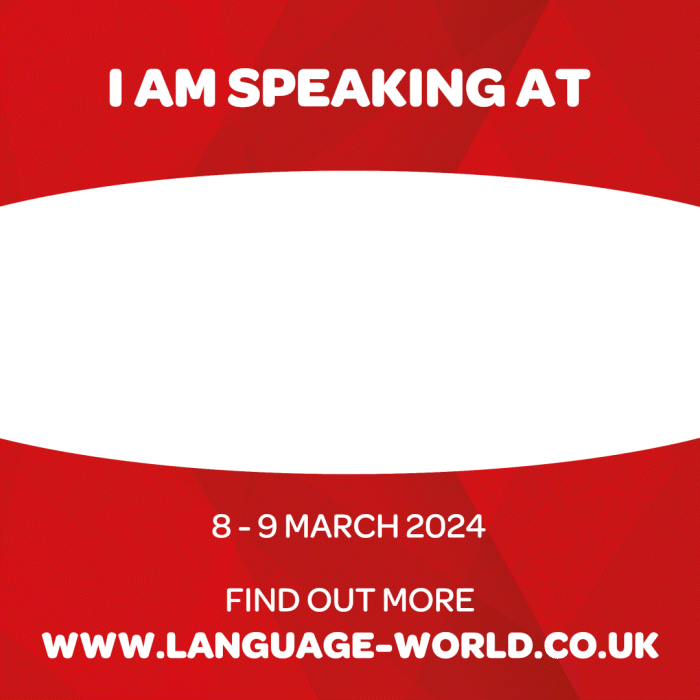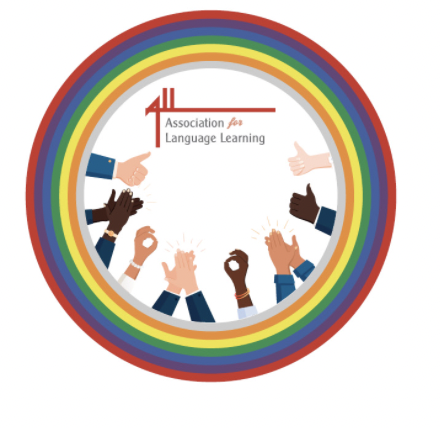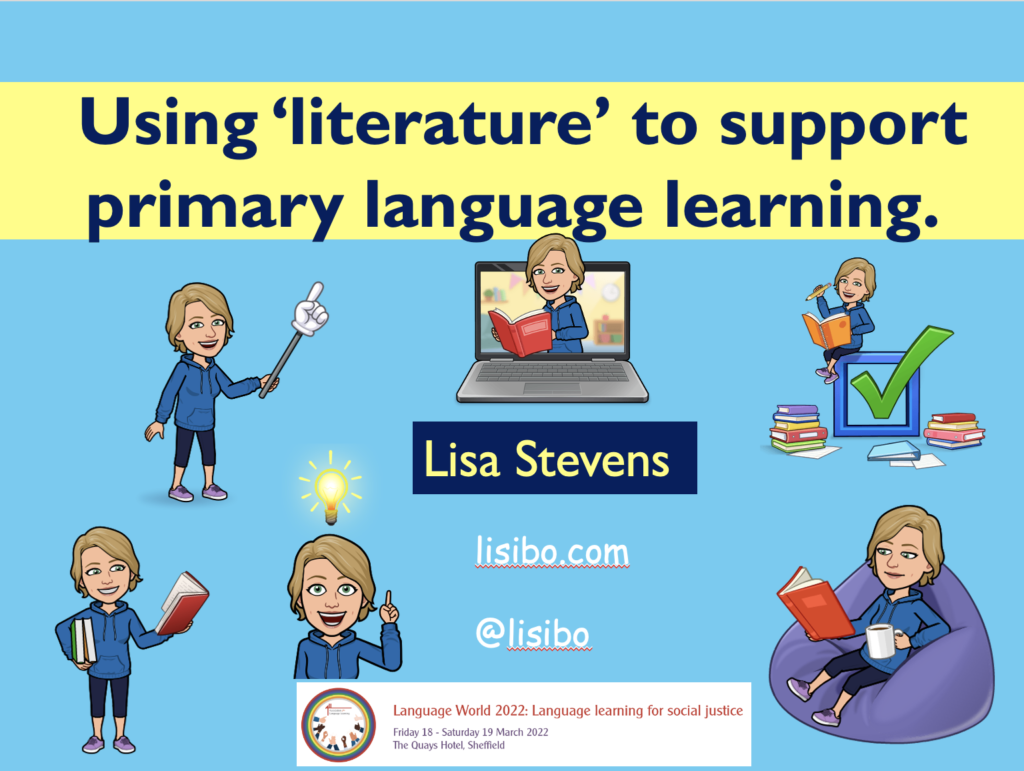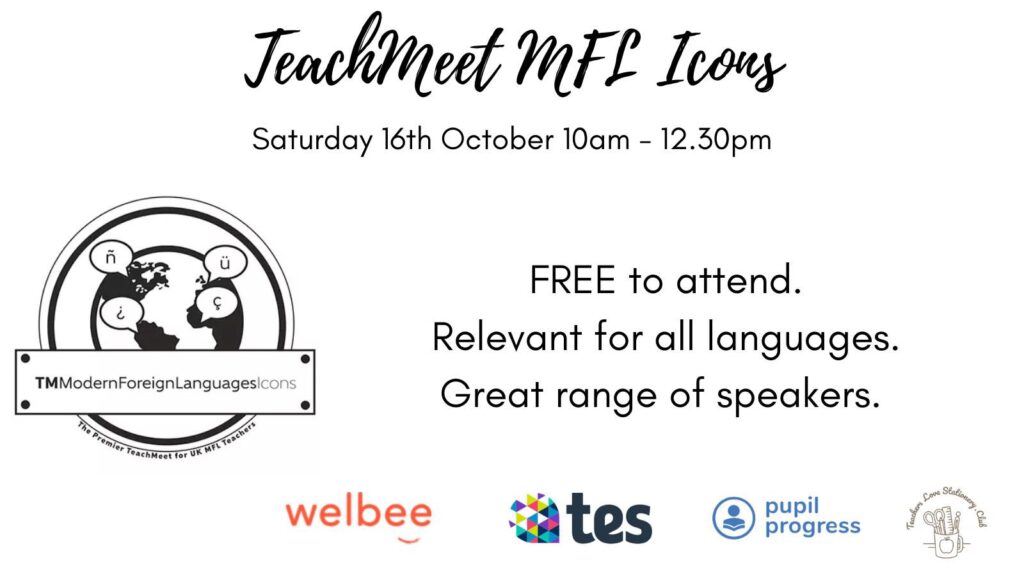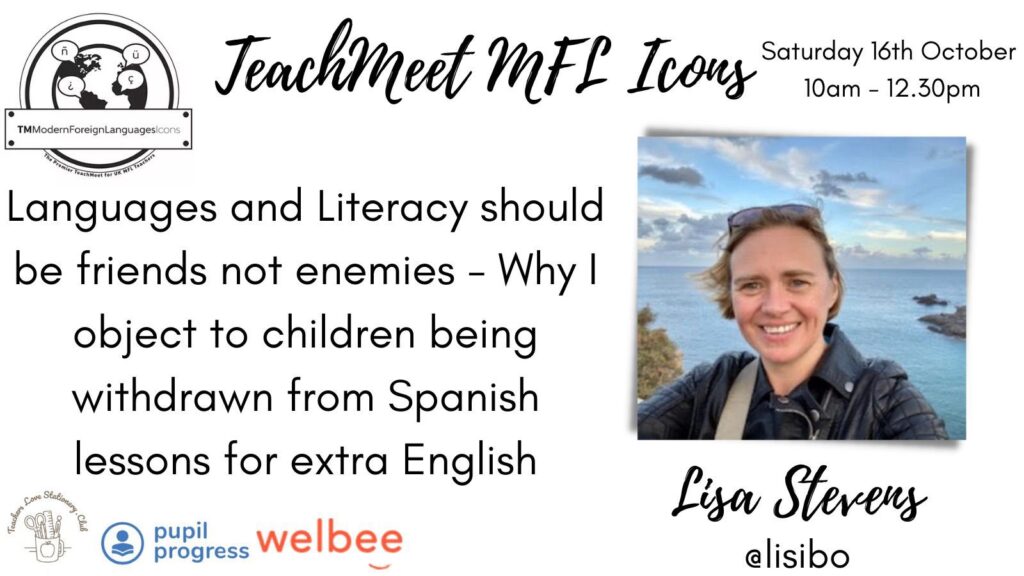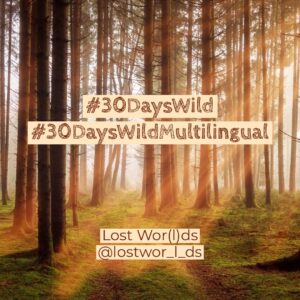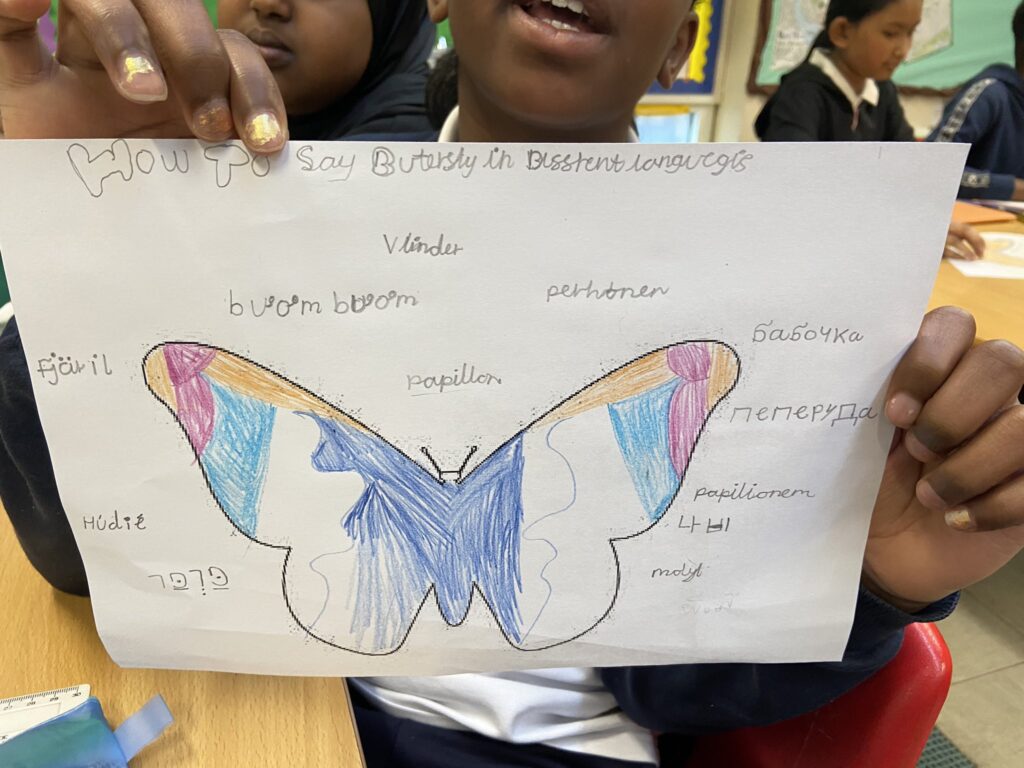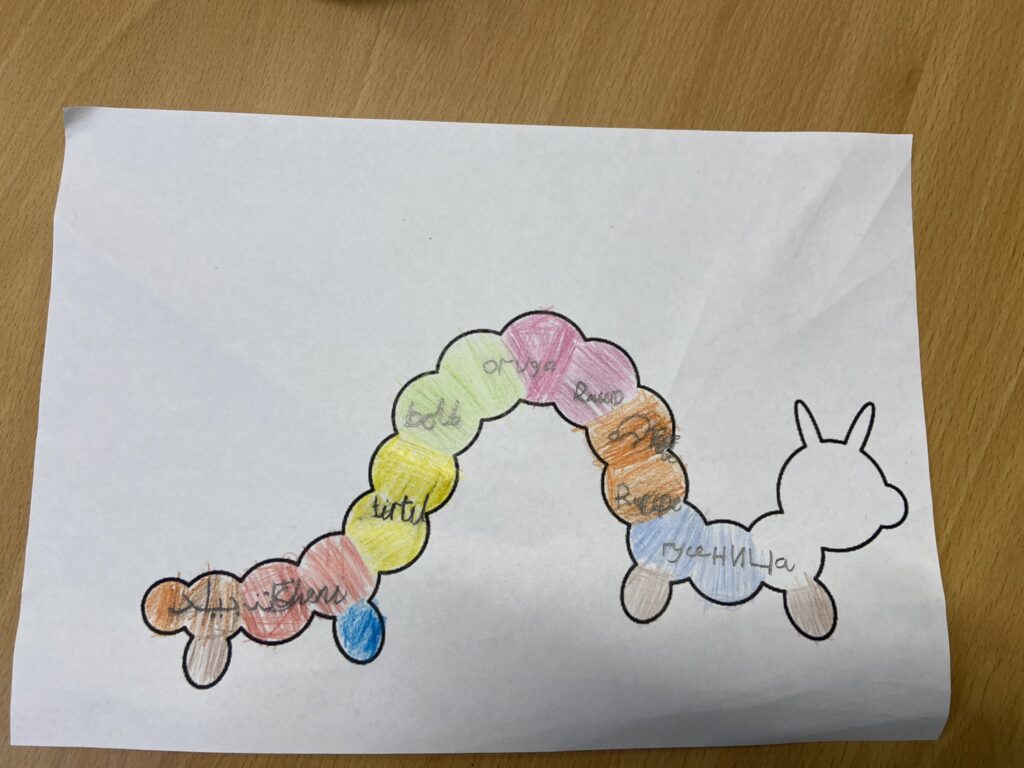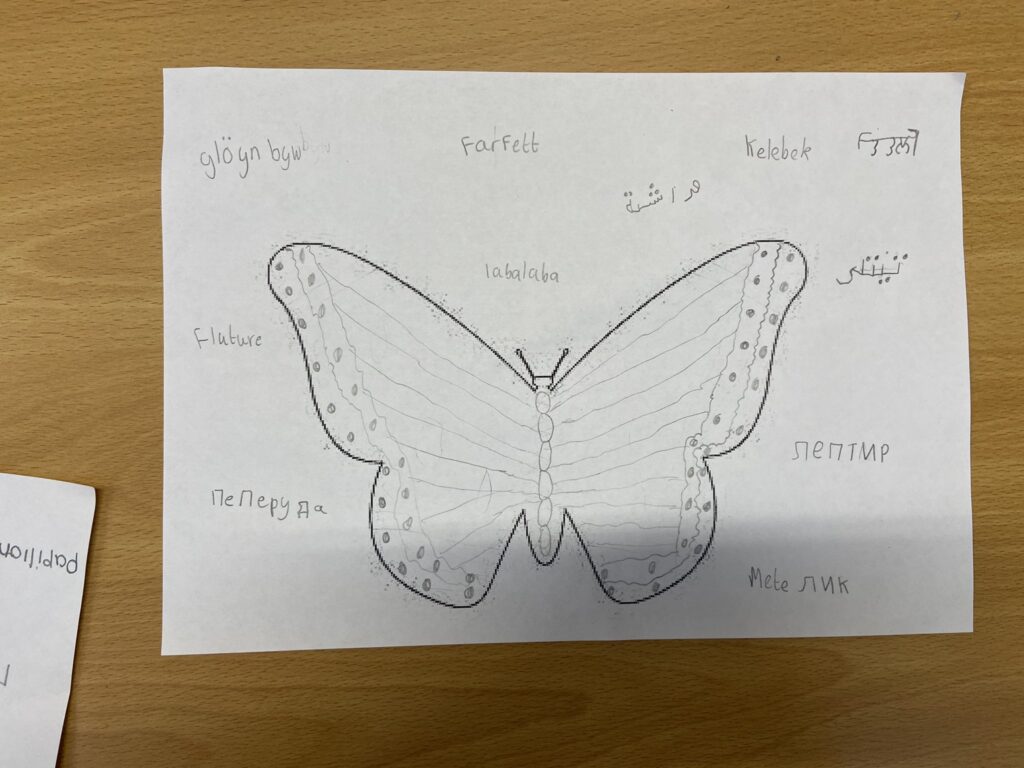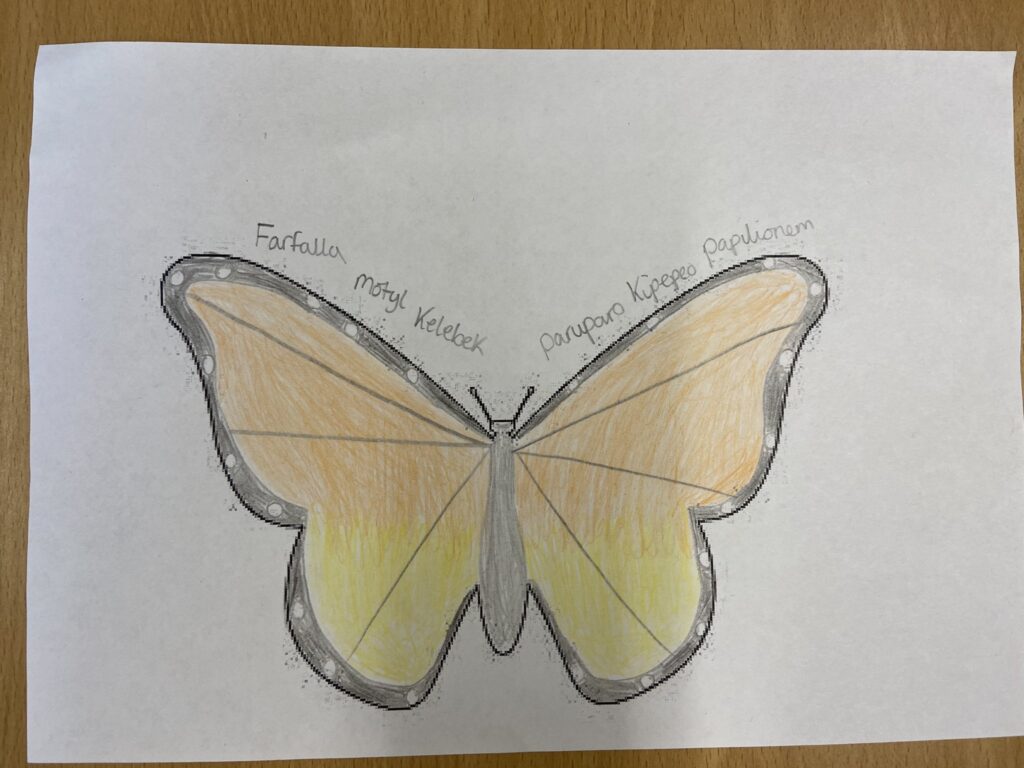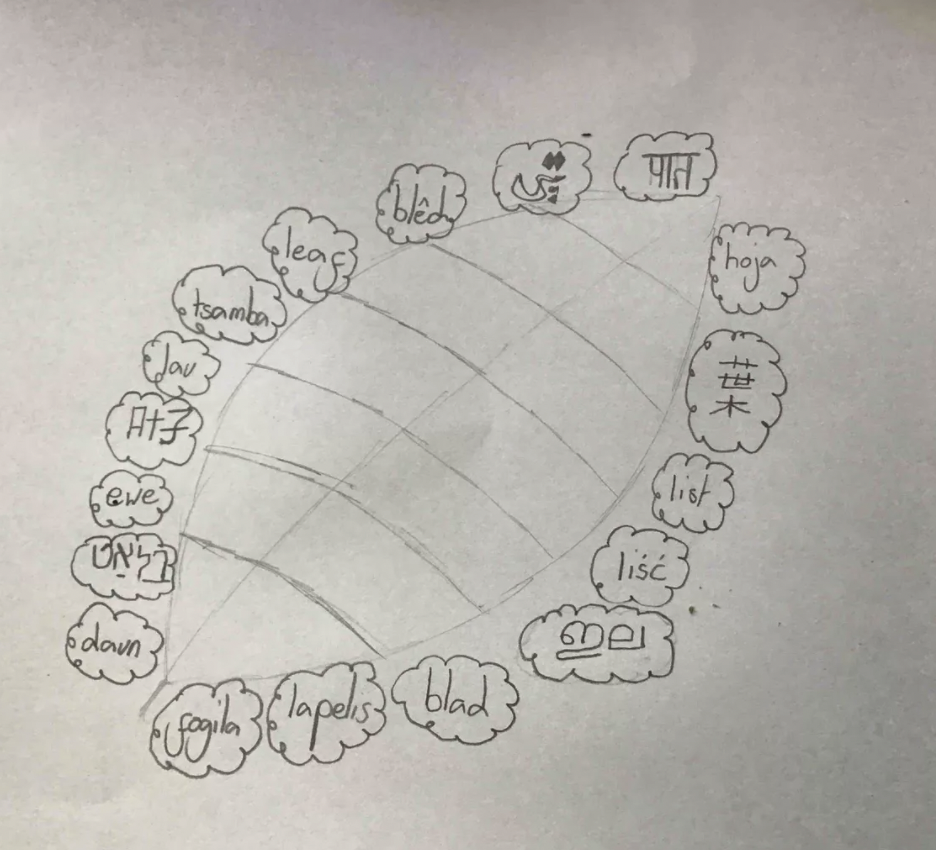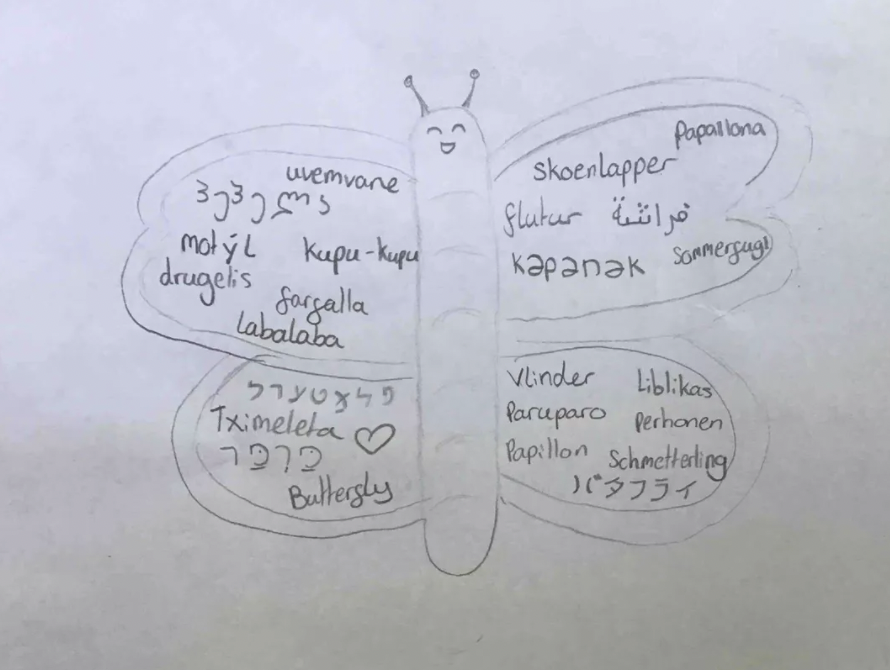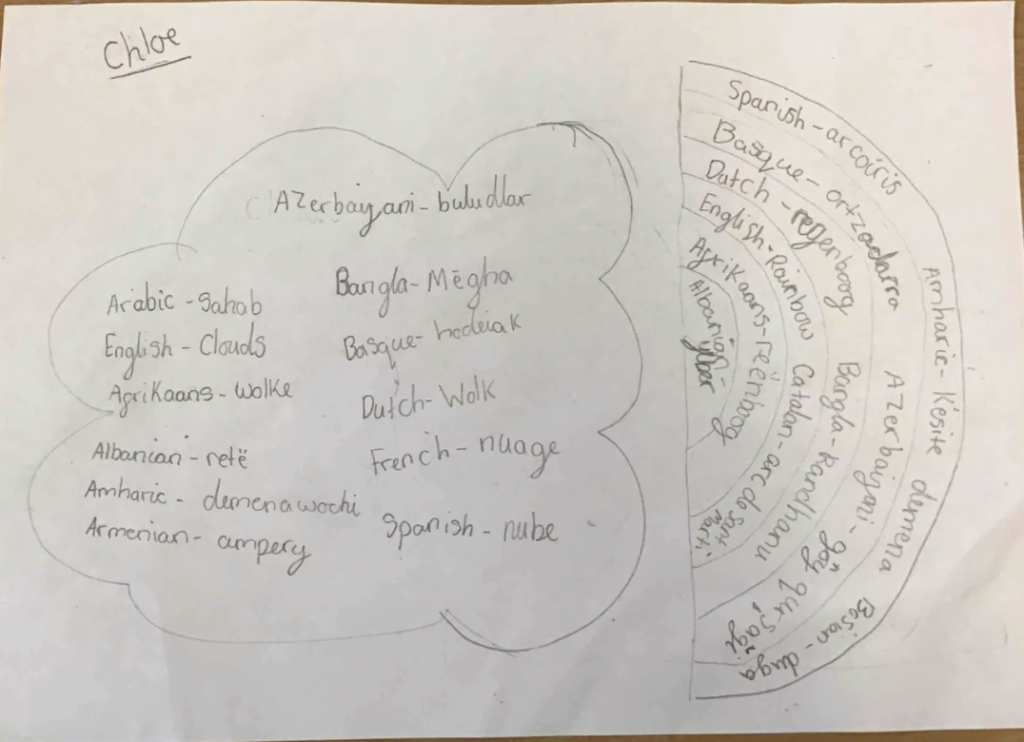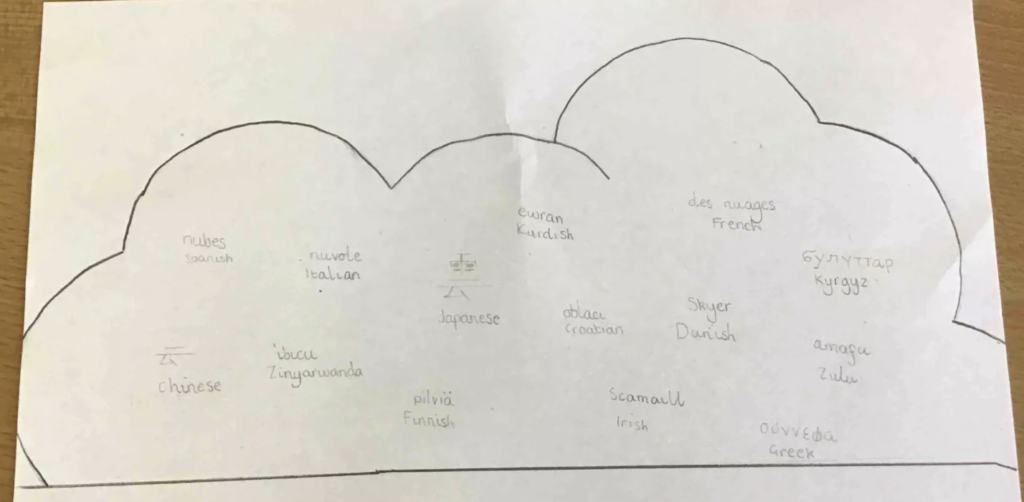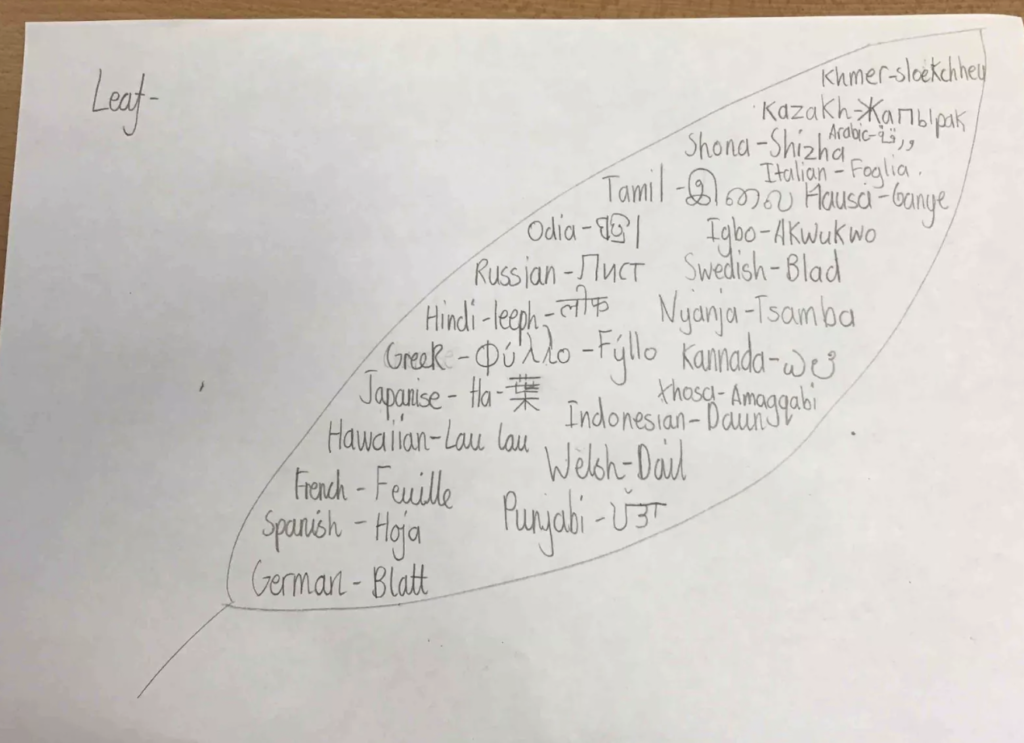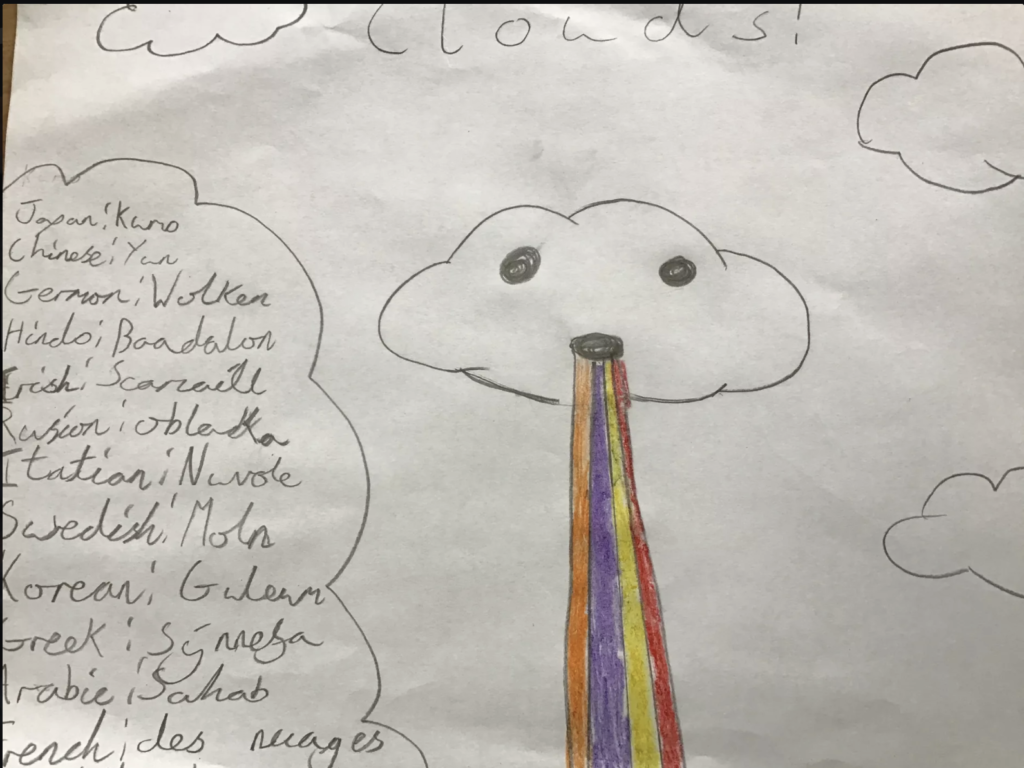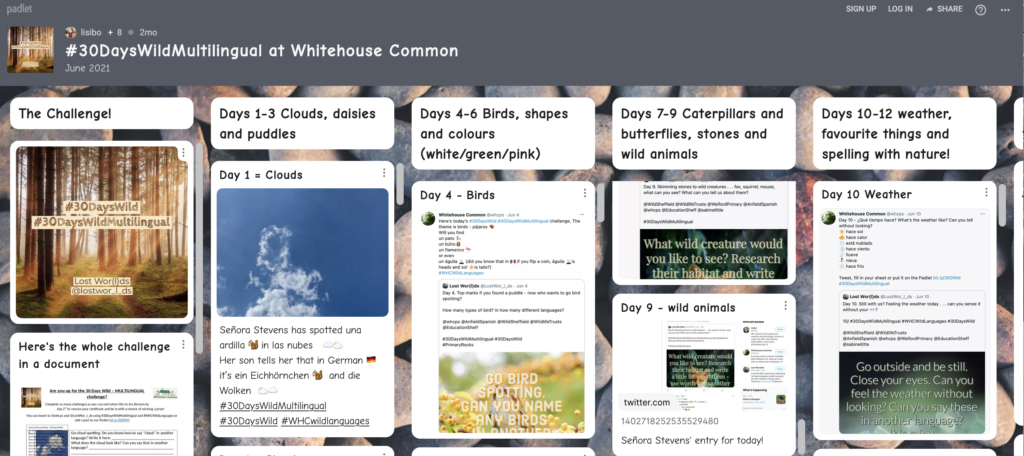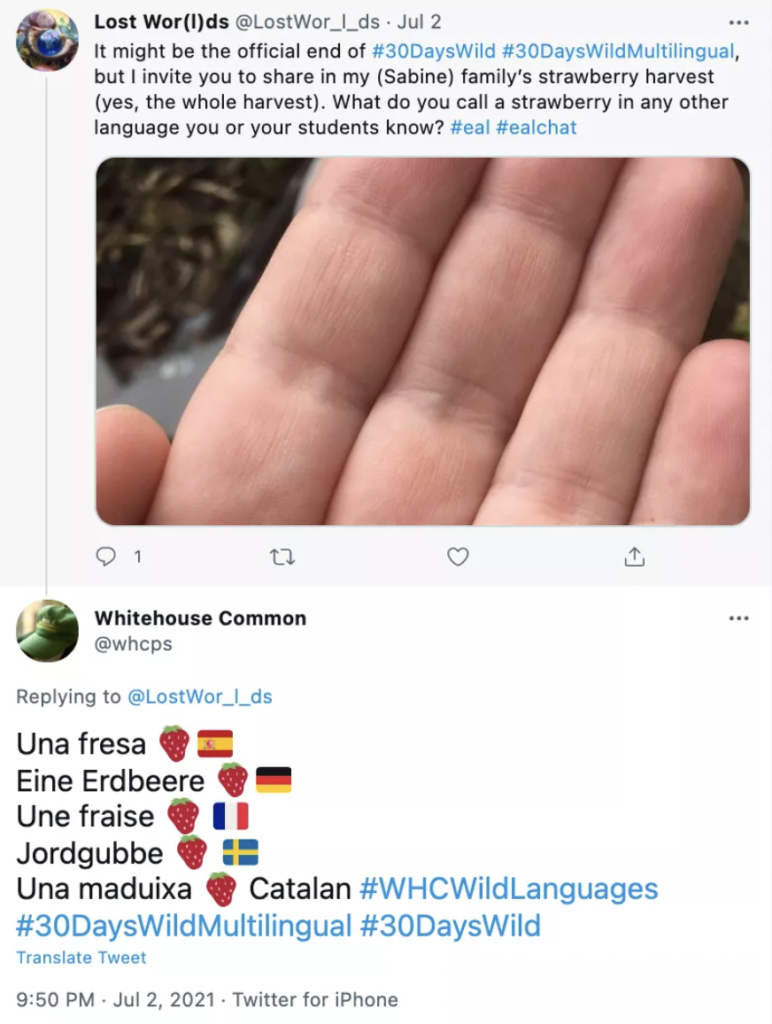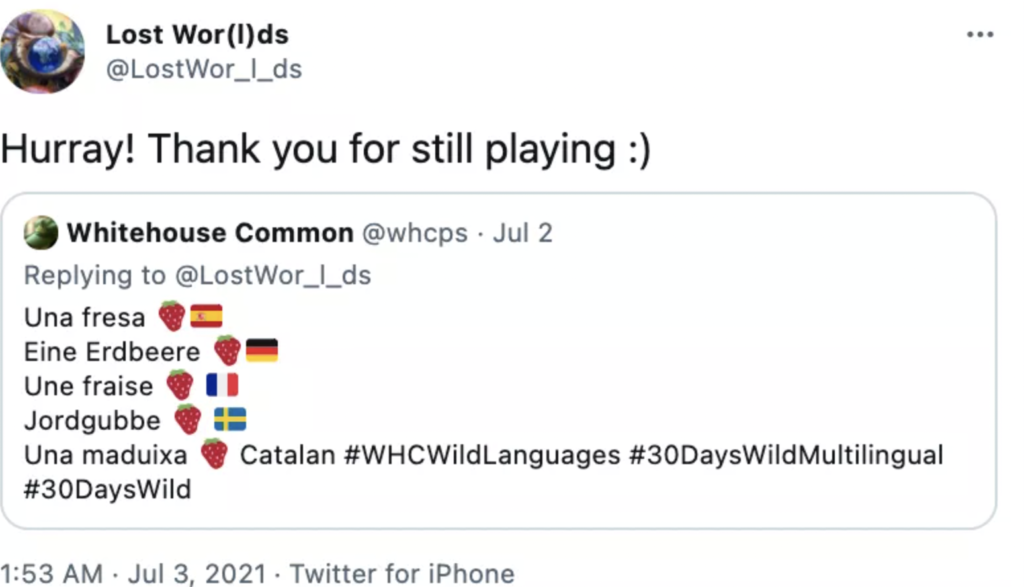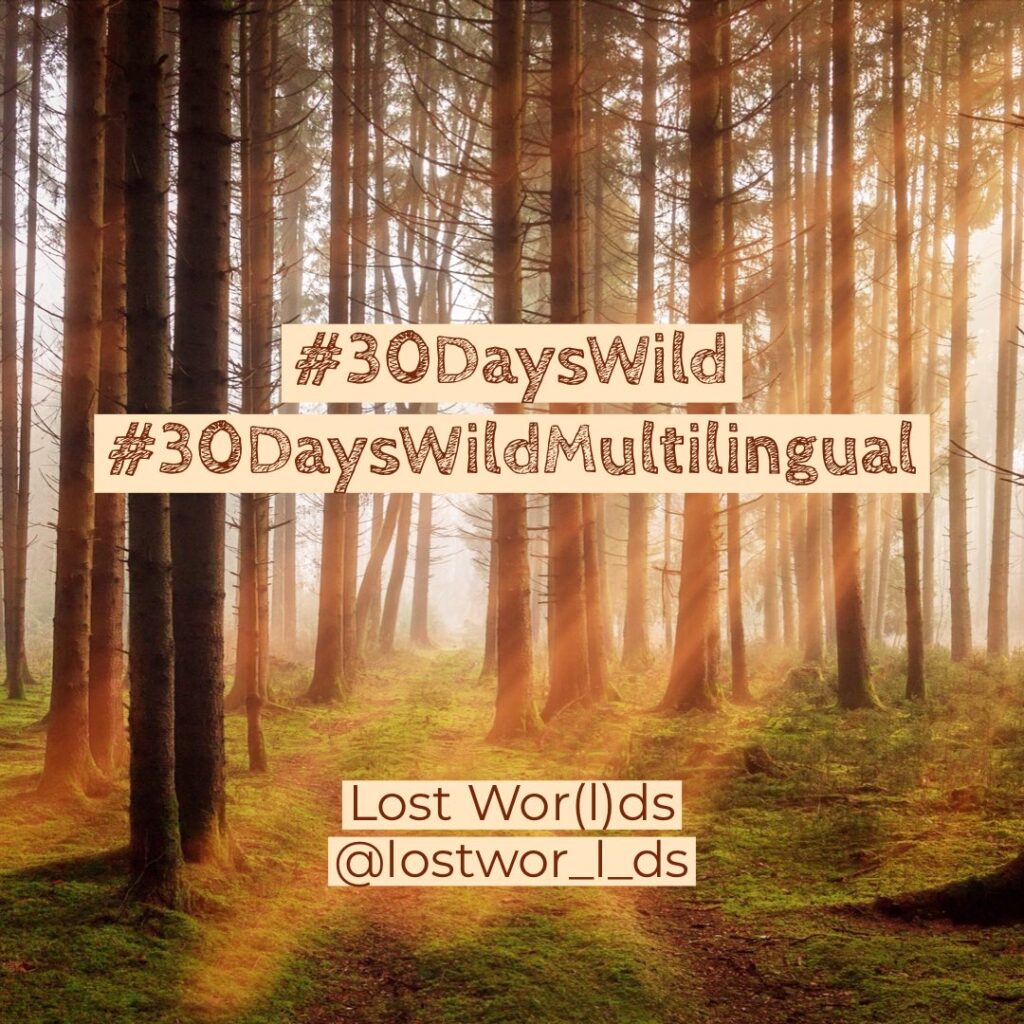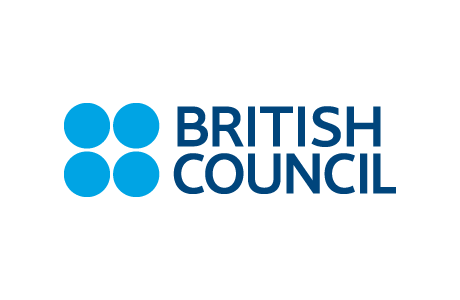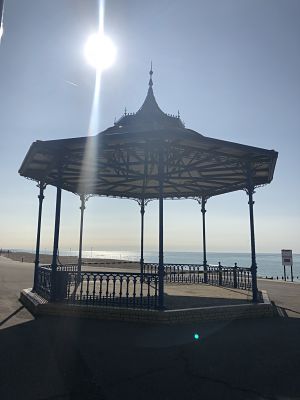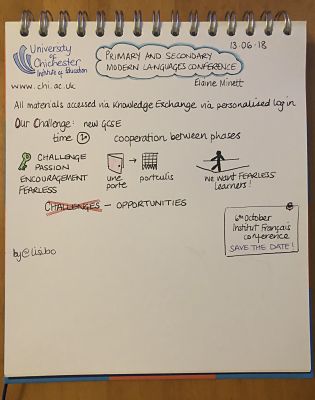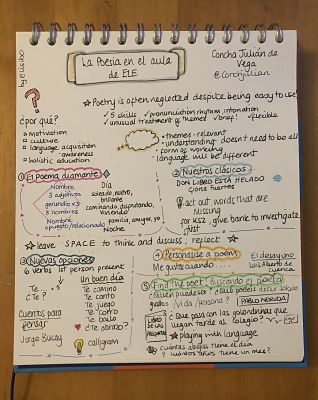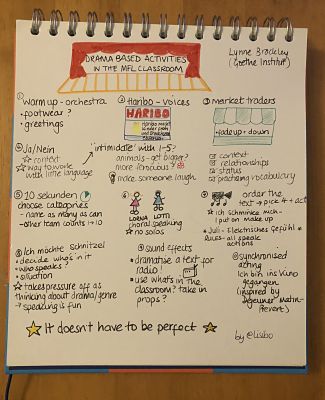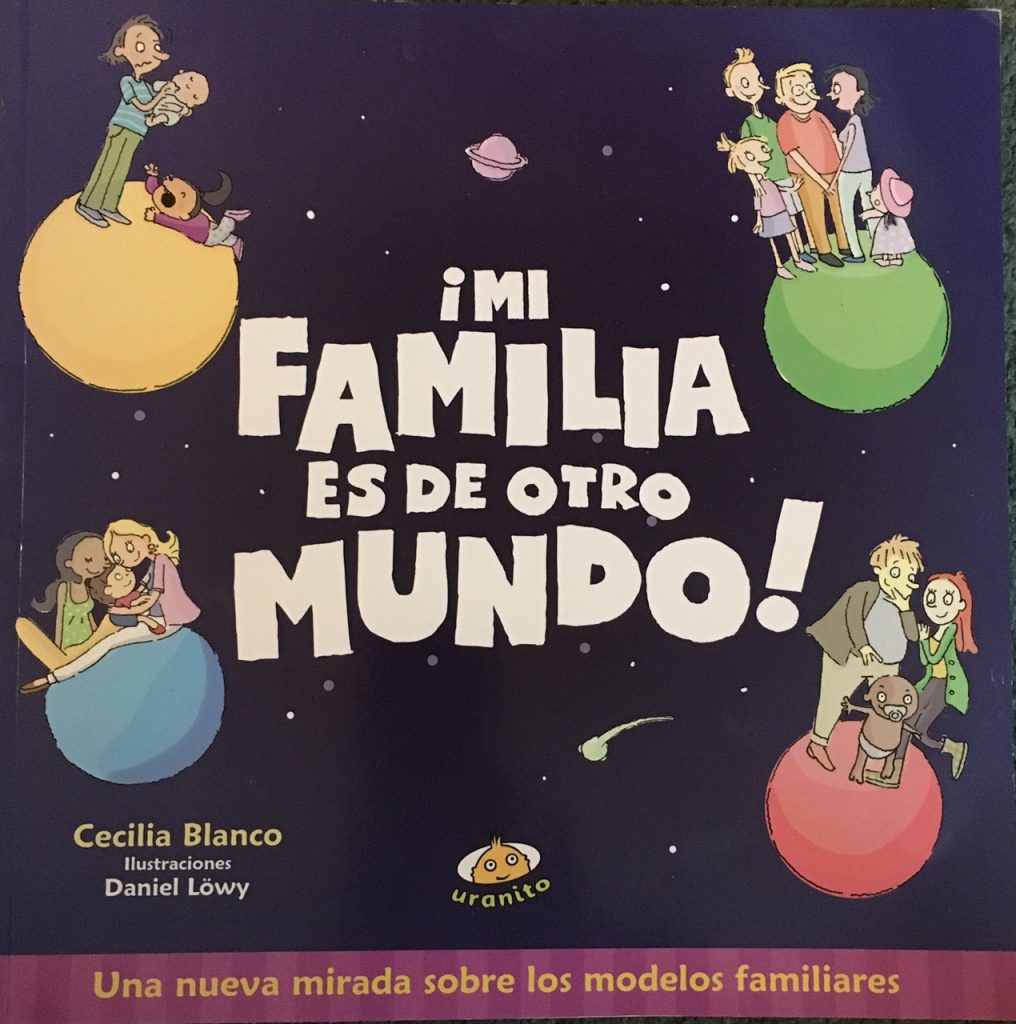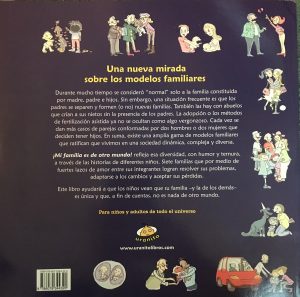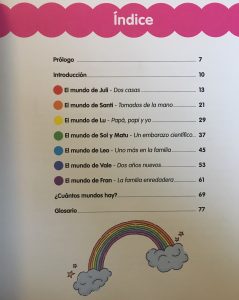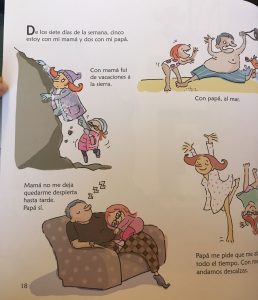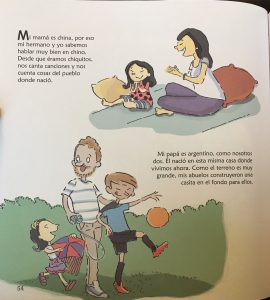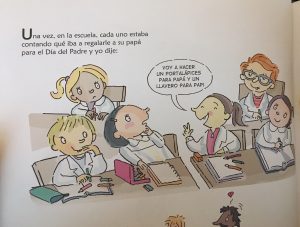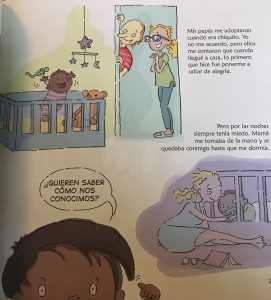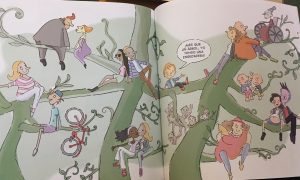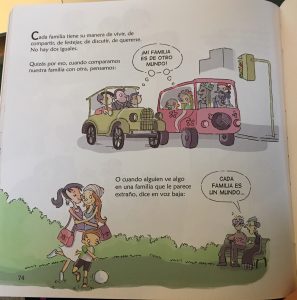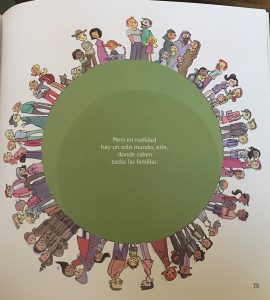Last week I had the pleasure of taking part in a workshop entitled Welcome to Germany and the German speaking world being held in Durham as part of the Express Yourself North East Festival of Languages. Held at Durham University, it was organised by the British Council and the university with support from the Goethe Institut.
In the morning primary aged pupils (years 5-6) with little or no experience of German were introduced to the German speaking world via an introductory presentation by Sara Davidson, learning that German is spoken in a number of European countries but also in an African one, and discovering that some familiar things originated in the German speaking world as well as having a go at decoding some German words. Following on from that, they took part in two workshops, a language led by Frau Marshall who taught them some basic German, and a cultural workshop which I led during which they learned about and made a Schultüte.
In the afternoon, secondary school pupils (years 7-9 pre-options) were introduced to the German speaking world by the wonderful Laura Lewis from Durham University who shared some typically German concepts like Spaghettieis and Flachspüler as well as sharing information about where German is spoken and by how many people. The students then moved on to a pair of workshops – a German rap workshop with Sara and a workshop all about pioneers and influencers lead by ALL President Liz Black which ended with chocolate tasting!




In my Schultüte workshop we talked about our memories of our first day at school, in my case a looong time ago so I recalled my sons’. My lovely assistant Jonas told the children about his first day at school in Germany, throwing in the word Schultüte which led nicely into the rest of the workshop. Using information and images gathered by Marian Devons, Liz Black and me, we explored how a German (also Swiss in my experience!) Schulänger spends their first day at school, homing in on their Schultüte or enormous cone of school supplies and sweets that they receive to soften the blow of starting school. After a bit of language work during which children had a go at working out what goes into one from the German words, the children made and decorated a (small) Schultüte which was filled thanks to the Goethe Institut with all sorts of goodies like pens, badges, bracelets, Gummibärchen and stickers. The wide eyed joy of the children as they received something else to put in their Schultüte was wonderful: “I can keep it?” “I can have that as well?” “Wow! This is brilliant!” And the multiple cries of Danke and Dankeschön as they left was lovely too.



The intention is to hold further events in the next couple of terms, and some of the materials will be uploaded to the British Council website – I’ll post the link when it appears! So keep your eyes open if it’s something that you fancy for your learners.
In the meantime, if you want to do some German with your learners, do check out the Goethe Institut website and particularly Gimagine where you can find lots of resources and support. Also it’s worth looking at the UK-German Connection and Voyage Kids where you can find some fun Easter activities .







